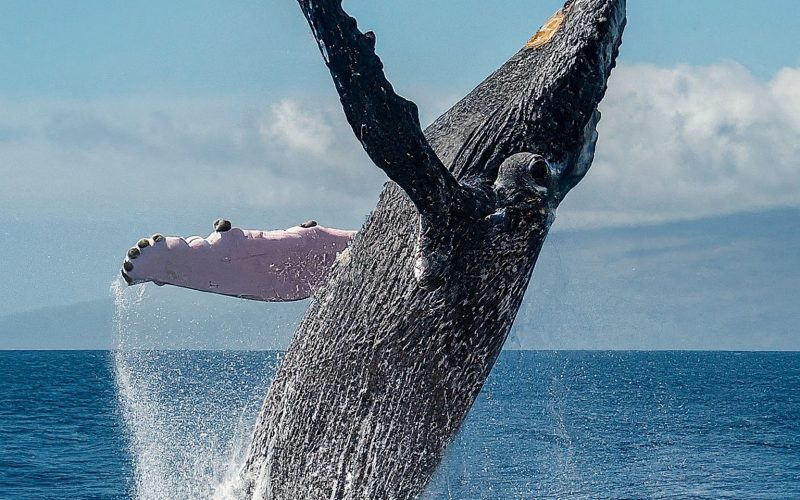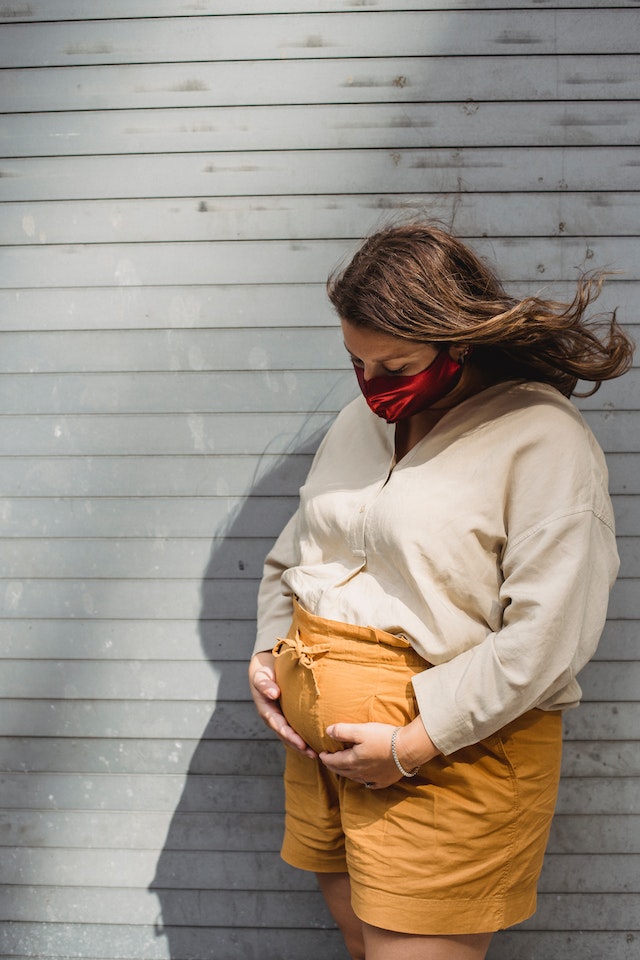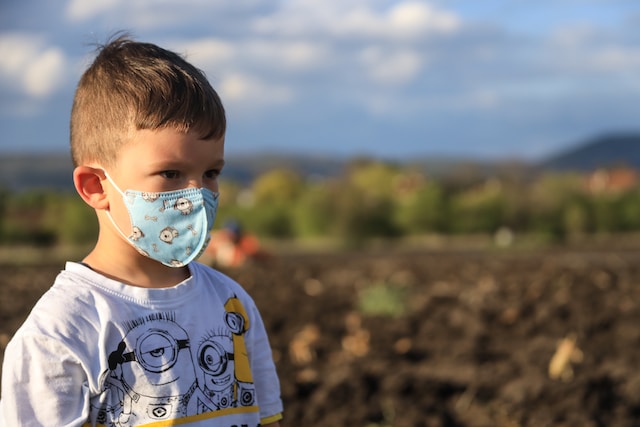About the Author:
Dr. Olivia Jones is a renowned virologist with over 15 years of experience studying emerging infectious diseases. Her research focuses on zoonotic transmission, the process by which viruses jump from animals to humans. Dr. Jones is passionate about science communication and empowering the public with knowledge about potential health threats.
The recent surge in avian influenza (bird flu) cases worldwide has caused ripples of concern, particularly with the virus jumping from birds to marine mammals like seals. While headlines might paint a picture of imminent doom, Dr. Olivia Jones, a leading virologist, is here to break down the facts and offer insights for anxious readers.
The Alarming Rise of Avian Influenza (Bird Flu)
Highly pathogenic H5N1 avian influenza has been making its presence known globally. Wild bird populations have been particularly affected, with mass die-offs reported in several regions. The virus has also been detected in poultry farms, leading to culling efforts to contain the outbreak.
From Birds to Seals: A Worrying Sign of Mutation
What truly raises concern is the recent spillover of the virus from birds to mammals like seals. Cases have been documented in North America, indicating a mutation that allows the virus to infect a new host species. While these instances are not yet widespread, they highlight the virus’s potential for adaptation.

Can Humans Catch Bird Flu? Understanding the Risk
The good news? The risk of direct transmission from birds to humans remains relatively low. However, the mutations observed raise concerns about the virus potentially evolving to spread more efficiently among mammals, including humans.
Protective Measures: Shielding Yourself from the Seasonal Flu Threat
While this specific bird flu strain may not be an immediate threat, vigilance is crucial. Let’s not forget – seasonal flu continues to pose a threat every year. Here are some essential tips to protect yourself:
- Get vaccinated annually: The annual flu vaccine is your best defense against seasonal influenza strains.
- Practice good hygiene: Frequent handwashing and avoiding touching your face are vital to prevent the spread of any virus.
- Stay home when sick: Don’t be a spreader! Rest and recover at home to prevent infecting others.
What’s Next? Research, Monitoring, and Staying Informed
Scientists are diligently monitoring the evolving bird flu virus. Research efforts are underway to understand the mutations and assess the threat to human health. Staying informed through reputable sources like the World Health Organization (WHO) and the Centers for Disease Control and Prevention (CDC) is key.
Conclusion: Vigilance is Key
The recent bird flu mutations are a reminder that viruses are constantly evolving. While the risk of a human pandemic remains uncertain, vigilance is crucial. By following preventive measures and staying informed, we can be prepared for any potential health threats.
Remember: Dr. Jones emphasizes that this article is for informational purposes only and does not constitute medical advice. Always consult your healthcare provider for personalized recommendations.










